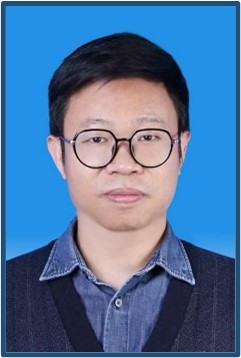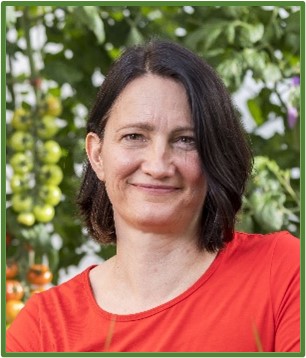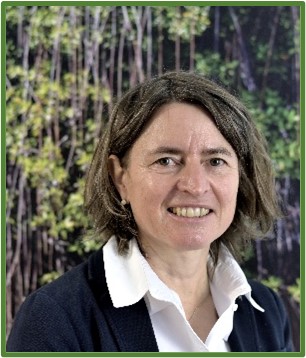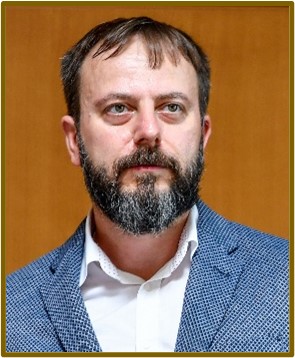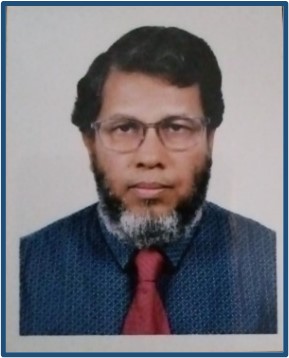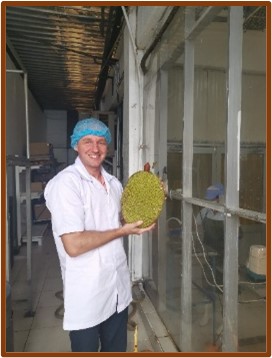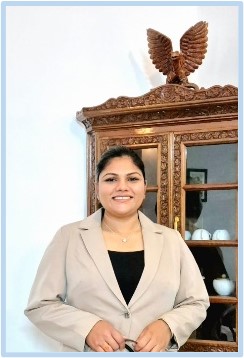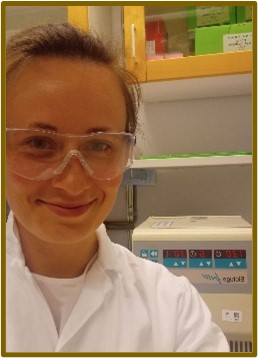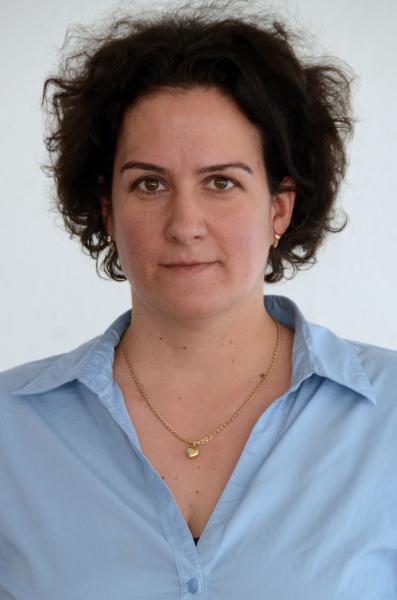- magyar
- english
- Русский
4th European Buckwheat Symposium - Buckwheat: Innovations in Agriculture, Breeding, Nutrition and Sustainability - September 3rd - 5th, 2025
| Prof. Taiji Adachi - Principal / Director; NPO, Colloquia Naturae in Miyazaki, Japan | |
|---|---|
|
|
|
| Prof. Meiliang Zhou - Research Group of Buckwheat Genetic Germplasms in the Institute of Crop Sciences, Chinese Academy of Agricultural Sciences, Beijing, China | |
|---|---|
|
|
|
| Anika Wiese-Klinkenberg - Institute for Bio- and Geosciences (IBG-4: Bioinformatics), Forschungszentrum Jülich, 52452 Jülich, Germany | |
|---|---|
|
Recently we started the project BIMOTEC researching resilient buckwheat production and a possible multi use for food, lignocellulose and extraction of valuable plant secondary metabolites. |
|
| Maria D. Logacheva - Skolkovo institute of science and technology, Moscow, Russia | |
|---|---|
|
|
|
| Mateja Germ - University of Ljubljana, Ljubljana, Slovenia | |
|---|---|
|
|
|
| Md. Rakib Hossain Raihan - Ph.D. Candidate, Laboratory of Bioclimatology, Department of Ecology and Environmental Protection Faculty of Environmental and Mechanical Engineering Poznań University of Life Sciences Wojska Polskiego 28, 60-637 Poznań, Poland | |
|---|---|
|
Raihan has contributed to multiple national and international research projects and has published 13 Scopus-indexed articles. He received the Dean’s Merit Award for academic excellence during his undergraduate studies and was awarded the National Science and Technology Fellowship in recognition of his Master’s research. He has actively participated in numerous scientific conferences and has been recognized with Best Oral Presentation awards. He is also engaged in academic training, interdisciplinary collaborations, and scientific outreach. |
|
| Milan Skalický - Researcher, Dep. of Botany and Plant Physiology, Faculty of Agrobiology, Food and Natural Resource | |
|---|---|
|
|
|
| Dr. M. A. Mannan Professor - Department of AgronomyFaculty of Agriculture, Gazipur Agricultural University, Gazipur-1706, Bangladesh & Former General Secretary, Ecological Society of Bangladesh | |
|---|---|
|
Professor Mannan’s research primarily focuses on enhancing the resilience of field crops -particularly soybean, mustard, maize, and legumes - under challenging environments such as salinity, drought, and waterlogging. His work integrates physiological, biochemical, and molecular insights to develop stress-mitigating strategies including seed priming, foliar nutrition, and soil amendments like biochar and organic composts. His recent interests extend into the interface of sustainable agriculture and climate-smart practices, including biofuel feedstock development on marginal lands. He has authored and co-authored over 74 research articles, including publications in high-impact international journals such as Waste Management, Paddy and Water Environment, Journal of Crop Science and Biotechnology, the Australian Journal of Crop Science, PeerJ journal, Frontiers in Plant Science, Scientific Reports and Heliyon. He has also contributed to book chapters and monographs on stress physiology and sustainable agriculture. As Principal Investigator and Research Lead, Dr. Mannan has successfully implemented numerous projects funded by the University Grants Commission, Ministry of Science and Technology, USDA, Krishi Gobeshona Foundation, BAS-USDA and other national bodies. His leadership has helped develop location-specific agronomic packages and adaptation strategies for vulnerable agroecological zones of Bangladesh, contributing to policy dialogues on food security and resource-efficient farming. Beyond research, Dr. Mannan is deeply committed to academic development. He has supervised more than 50 post graduate theses on salinity tolerance, drought mitigation, carbon management, and physiological performance of stress-tolerant crops. His mentorship and scientific rigor have produced a new generation of young researchers in crop science. Professor Mannan is frequently invited to speak at national and international conferences, and he collaborates with interdisciplinary teams working on sustainable land use, biofertilizers, and renewable agricultural systems. His scientific insight, dedication to innovation, and commitment to farmer-centric solutions position him as a key voice in shaping resilient agronomic strategies for the Global South. |
|
| Csaba Juhász - Kerpely Kálmán Doctoral School of Crop Production and Horticultural Sciences, University of Debrecen, Debrecen, Hungary | |
|---|---|
|
|
|
| Vivien Pál - University of Debrecen, Institutes for Agricultural Research and Educational Farm, Research Institute of Nyíregyháza, Nyíregyháza, Hungary | |
|---|---|
|
|
|
| Ivan Kreft - University of Ljubljana, Ljubljana, Slovenia | |
|---|---|
|
|
|
| Dr. Krzysztof Dziedzic - Poznań University of Life Sciences, Poland | |
|---|---|
|
His primary scientific interest lies in the use of buckwheat grain to improve the nutritional quality of food products. He also investigates the effects of environmental changes on the nutritional value of buckwheat as a raw material. Additionally, he explores bioactive substances isolated from cereals and pseudocereals. By combining expertise in environmental engineering, food science, and healthcare, Dr. Dziedzic analyzes the impact of climate change on the nutritional quality of food, aiming to contribute to the prevention of lifestyle-related diseases. |
|
| Akanksha Dalal - PhD Scholar, Grain Science and Technology Department CSIR-CFTRI, Mysuru, India | |
|---|---|
|
|
|
| Matteo Ruggeri - Sustainability & Carbon Farming Project Manager Field trials sites Manager | |
|---|---|
|
|
|
| Andrea Anselmi - FVC Manager, Horta Srl, Via E. Gorra 55, 29122 – Piacenza | |
|---|---|
|
|
|
| Dr. Marta Hornyák - W. Szafer Institute of Botany, Polish Academy of Sciences, Lubicz 46, 31-512 Cracow, Poland | |
|---|---|
|
|
|
| Alexandra Hanász - Research Institute of Nyíregyháza, IAREF University of Debrecen, Nyíregyháza, Hungary | |
|---|---|
|
|
|
| Dr. Nóra Mendler-Drienyovszki - Research Institute of Nyíregyháza, IAREF University of Debrecen, Nyíregyháza, Hungary | |
|---|---|
|
|
|


